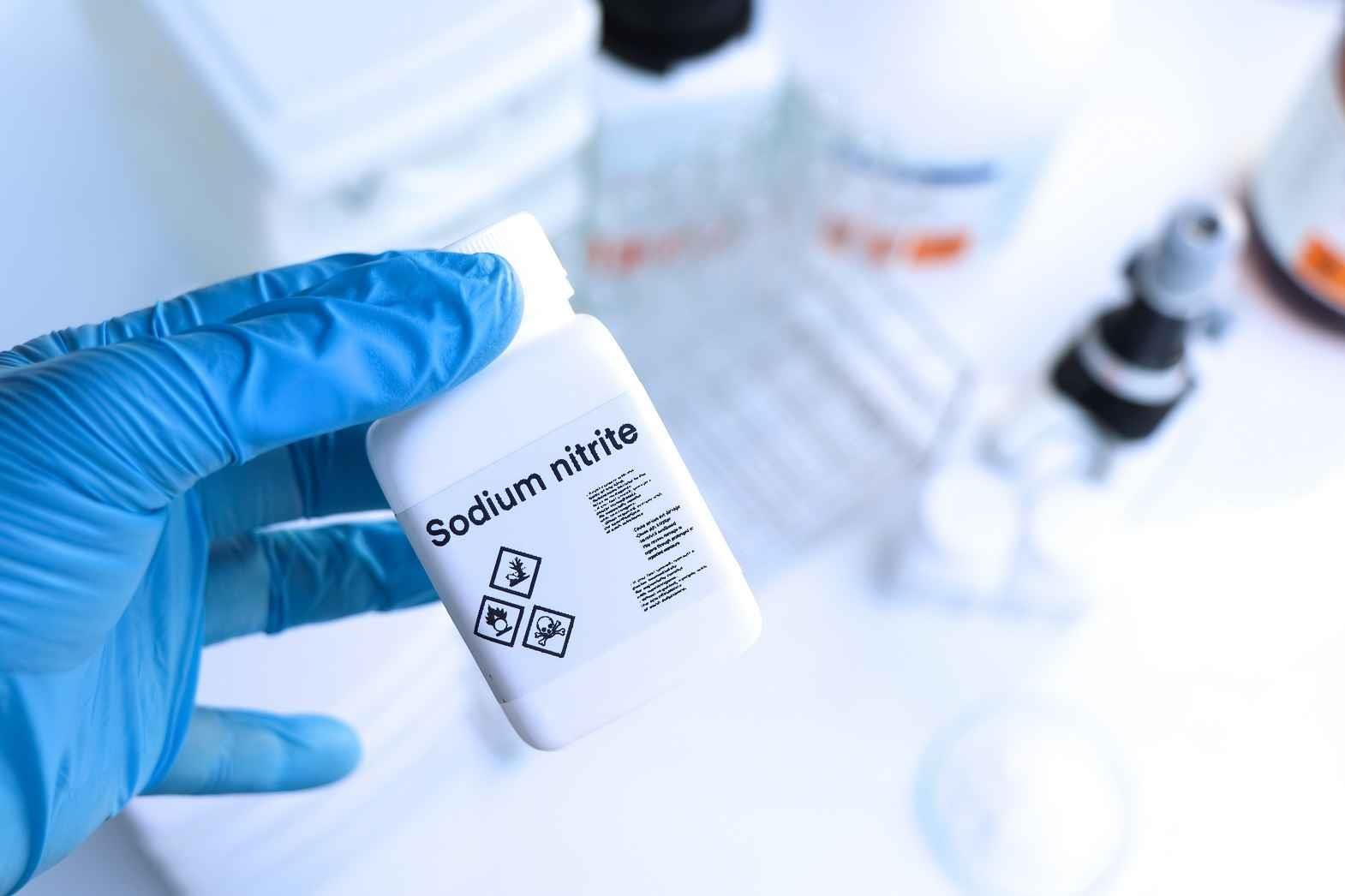The Indian government has been proactive in implementing anti-dumping duties to protect its domestic chemical industry from the adverse impacts of cheap imports. These duties are levied when a product is exported to India at a price lower than its normal value, thereby harming the domestic market. The imposition of such duties is a critical tool in ensuring that local industries are not undercut by foreign competitors, especially from countries like China, South Korea, and the European Union, which are major exporters of chemicals to India.
Key Chemicals Affected by Anti-Dumping Duties
Over the years, the Indian government has imposed anti-dumping duties on various chemicals, some of which are vital to sectors such as agriculture, pharmaceuticals, textiles, and plastics. Below is an overview of some key chemicals on which anti-dumping duties have been levied:
1. Sodium Nitrite
• Country of Origin: China
• Anti-Dumping Duty: Up to $36.94 per metric ton
• Usage: Sodium nitrite is widely used in the manufacturing of dyes, rubber, and pharmaceuticals. The duty was imposed to protect domestic producers from the influx of cheaper Chinese sodium nitrite, which was being sold at a price below the fair market value.
2. Toluene Di-Isocyanate (TDI)
• Country of Origin: China, Japan, and South Korea
• Anti-Dumping Duty: $0.15 to $0.45 per kilogram
• Usage: TDI is an essential chemical used in the production of polyurethane foams, coatings, adhesives, and elastomers. The anti-dumping duty was levied to prevent the domestic industry from being overwhelmed by low-cost imports from these countries, which could have led to significant losses for Indian manufacturers.
3. Purified Terephthalic Acid (PTA)
• Country of Origin: China and Thailand
• Anti-Dumping Duty: $27 to $160 per metric ton
• Usage: PTA is a crucial raw material for the polyester industry, which includes fibres, films, and packaging materials. The anti-dumping duty on PTA was imposed to protect local producers from the dumping of this essential raw material, which could have jeopardised the competitiveness of the Indian polyester industry.
4. Phthalic Anhydride
• Country of Origin: South Korea, Taiwan, and Israel
• Anti-Dumping Duty: Up to $109 per metric ton
• Usage: Phthalic anhydride is used in the production of plasticisers, unsaturated polyester resins, and alkyd resins. The duty aims to safeguard the domestic market from being flooded with cheaper imports that could potentially harm the local manufacturers.
5. Phenol
• Country of Origin: Thailand, the US, and Singapore
• Anti-Dumping Duty: $59.32 to $96.69 per metric ton
• Usage: Phenol is widely used in the production of resins, synthetic fibres, and pharmaceuticals. The imposition of this duty ensures that Indian phenol producers remain competitive in the face of low-priced imports.
6. Aniline
• Country of Origin: China
• Anti-Dumping Duty: $36.97 per metric ton
• Usage: Aniline is a key ingredient in the production of rubber chemicals, dyes, and agrochemicals. The anti-dumping duty on aniline was necessary to protect domestic manufacturers from the negative impact of dumped imports from China.
7. Chlorinated polyvinyl chloride (CPVC)
• Country of Origin: South Korea and China
• Anti-Dumping Duty: $593-792 per metric ton
• Usage: CPVC is a specially engineered thermoplastic polymer widely used for transporting potable hot and cold water in plumbing systems, water in fire sprinkler piping, and chemicals in industrial applications. The anti-dumping duty was necessary to protect the interest of the domestic manufacturers.
8. Iso propyl alcohol (IPA)
• Country of Origin: China, any other country
• Anti-Dumping Duty: $217 per metric ton
• Usage: Iso propyl alcohol is used as an industrial solvent for gums, resins, and creosote; in quick-drying inks and oils; in cosmetic products such as body rubs, hand lotions, and after-shave formulations; and in the manufacture of acetone, glycerol, and isopropyl acetate. Since, IPA is used in manufacturing of pharmaceutical products, it is essential to maintain domestic production of the subject goods in India. Therefore, imposition of anti-dumping duty will safeguard the domestic production.
Impact of Anti-Dumping Duties on the Indian Chemical Industry
The imposition of anti-dumping duties has played a significant role in stabilising the Indian chemical industry. By curbing the influx of cheap imports, these measures have provided a level playing field for domestic manufacturers, enabling them to invest in capacity expansion, technology upgrades, and research and development.
For instance, the duties on PTA have led to increased investments in the polyester industry, which is crucial for India’s textile sector. Similarly, the duties on TDI have allowed domestic producers to maintain their market share and profitability, fostering a more robust and self-reliant chemical industry.
Challenges and Future Outlook
While anti-dumping duties have been effective in protecting the domestic industry, they are not without challenges. The global supply chains are complex, and the imposition of duties can sometimes lead to unintended consequences, such as supply shortages or increased input costs for downstream industries. Moreover, there is always the risk of retaliatory measures from exporting countries, which can escalate trade tensions.
Looking ahead, the Indian government is likely to continue using anti-dumping duties as a strategic tool to protect its domestic industries. However, it is essential to strike a balance between protecting local manufacturers and ensuring that downstream industries do not suffer from high input costs or supply disruptions.
In conclusion, anti-dumping duties on chemicals have been a crucial part of India’s trade policy, helping to protect and nurture its domestic chemical industry. As global trade dynamics evolve, these measures will continue to play a pivotal role in shaping the future of India’s chemical sector.








Comments